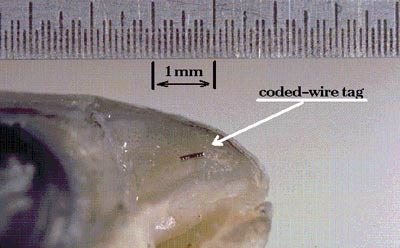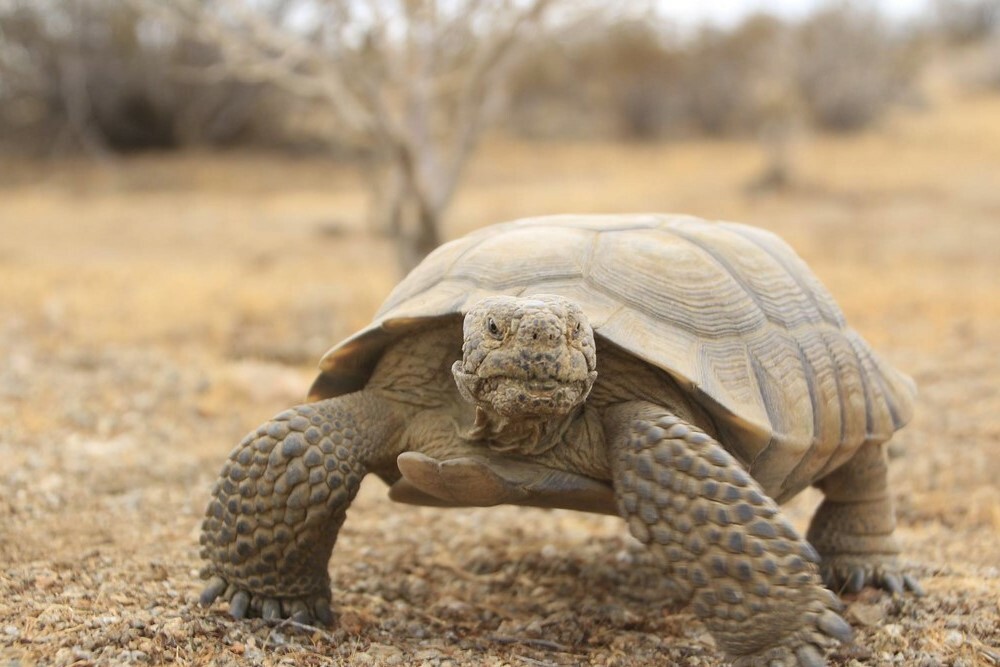Fish Report for 5-20-2022
Salmon Fishery Monitoring Commences as the Recreational Ocean Salmon Season is Underway

by California Department of Fish & Wildlife
5-20-2022
Website
California’s recreational ocean salmon season is underway, and so is the California Department of Fish and Wildlife (CDFW) ocean salmon monitoring program. Anglers are encouraged to assist CDFW employees or agents who ask about their trip or request to examine the catch, as the information collected is essential to the science needed to support continued ocean salmon fishing opportunities in future years.
Every year, CDFW staff and affiliated contract employees monitor marine docks and launch ramps to observe and sample salmon brought ashore by private recreational boats and charter vessels. The samplers are tasked with observing salmon catch, gathering effort information about the fishing trip and collecting biological samples of tagged salmon.
Each year, approximately 40 million fall-run Chinook salmon are produced at California hatcheries. A minimum of 25 percent of those juvenile salmon are implanted with a Coded Wire Tag (CWT) in their snout prior to release into California’s rivers, bays and estuaries. CWTs are small (less than or equal to 1 millimeter in length) metal tags with a laser-engraved code that corresponds to a specific release group of hatchery salmon. Each code provides biologists with information about that fish, such as the hatchery of origin, brood year, run type, release date, release location and the number of tagged and untagged salmon in that release group. Each salmon containing a CWT is also externally marked with a clipped adipose fin (the small, fleshy fin between the dorsal and caudal fin) to allow for easy visual identification in the field.
When a sampler identifies an adipose fin-clipped salmon on the docks, they will measure the length of the fish and remove the head for recovery of the CWT. The heads are then transported back to the CDFW lab where the CWT will be removed and decoded under a microscope.
Survey participants who have their salmon head collected have the option to receive the CWT information obtained from their fish after it is processed at the lab. On rare occasions, salmon raised in Alaska or British Columbia hatcheries make a long journey to waters off California and are taken in our ocean salmon fishery. On request, the CDFW Ocean Salmon Project will provide anglers with the biological information for their tagged salmon, including the age, hatchery of origin and release information.
Angler participation in the ocean salmon sampling program is critical to fishery managers and biologists tasked with ensuring the future use and conservation of this iconic species. The data are used to make stock abundance forecasts, which inform the development of annual fishing regulations that allow for harvest of more abundant stocks and meet conservation objectives designed to protect stocks of concern. Anglers should also note that they are required by law to relinquish the head of any adipose fin-clipped salmon upon request by a CDFW representative, per California Code of Regulations Title 14, section 1.73.
Anglers are advised to check for updated information when planning a salmon fishing trip. Season dates, bag/possession limit information and gear restrictions are posted on CDFW’s ocean salmon webpage and are also available by calling the CDFW ocean salmon regulations hotline at (707) 576-3429. Public notification of any in-season change to conform state regulations to federal regulations is made through the National Marine Fisheries Service ocean salmon hotline at (800) 662-9825.
Pursuant to California Code of Regulations Title 14, section 1.95, ocean salmon sport fishing regulations in state waters automatically conform to federal regulations. Federal regulations for ocean salmon fisheries were published in 87 Federal Register 29690 on May 16, 2022 and were effective as of May 16, 2022.
More Reports

5-16-2022
Earlier this year, the California Fish and Game Commission adopted regulatory changes to increase the length of the seasonal closure...... Read More

5-13-2022
The California Department of Fish and Wildlife (CDFW) is seeking public comment on a proposal to uplist the Mojave Desert...... Read More

Website Hosting and Design provided by TECK.net